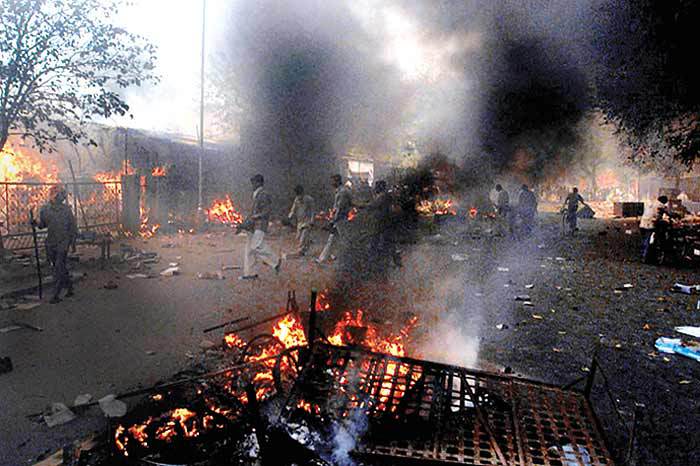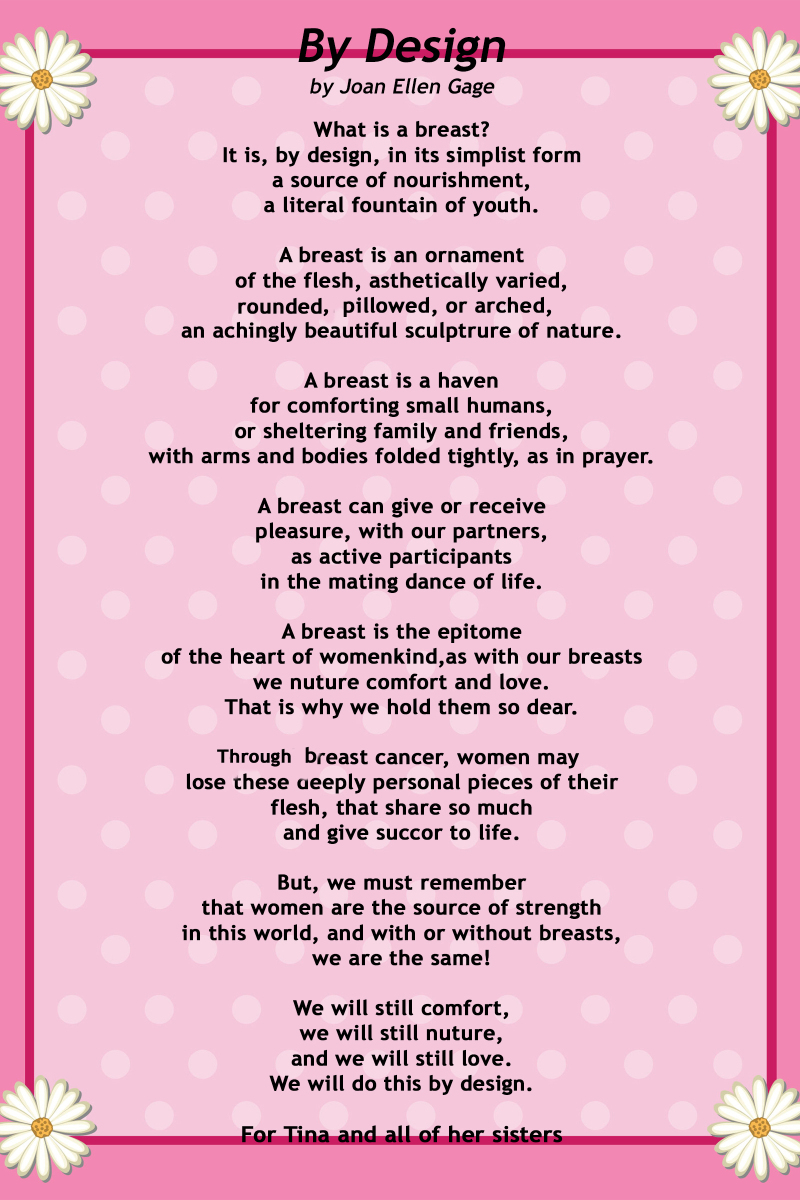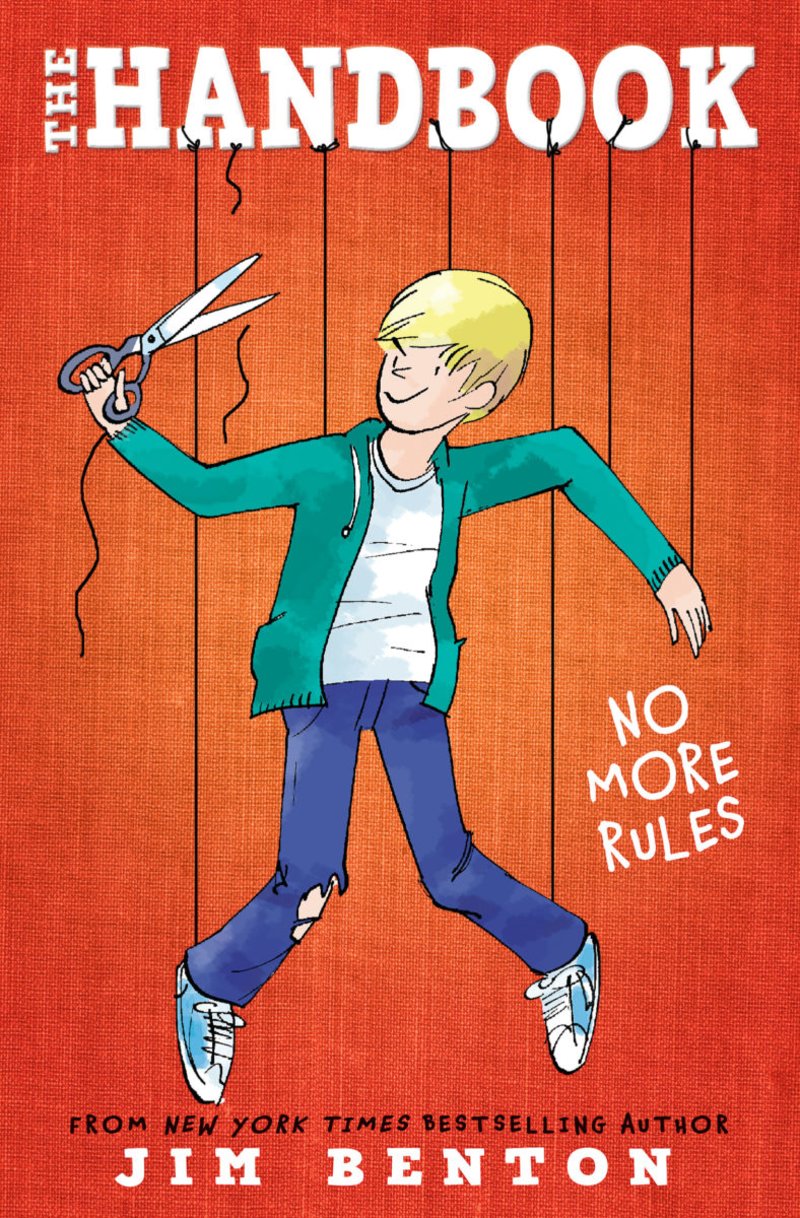The rather long piece [Gujarat 2002: Defending the Indefensible?] was not written to reopen old wounds, but was written purely in response to Ms. Tavleen Singh’s attempt at playing down the Gujarat 2002 riots by making a completely unwarranted and rather clumsy comparison with the 1984 anti-Sikh riots just to be able to say that somehow Indian media has been guilty of ‘demonizing’ Mr. Modi by design.
Ms. Singh starts with her cooked up worry about the political pundits’ shortcomings that resulted in their failing to make electoral predictions accurately, and she quickly comes down to the business of defending Mr. Modi, which was perfectly fine if she had not tried to defend the indefensible by trivializing communal violence.
 A journalist’s primary allegiance is to the truth and not to a person, ideology or cause, and Ms. Singh, who is a journalist, and who, by her own candid admission, is also one of the political pundits, fails to watch her step when she glides over the boundary of basic decency to trivialize communal violence like it was no big deal simply because we have failed to do anything about the riots that keep erupting every now and then. Ms. Singh says:
A journalist’s primary allegiance is to the truth and not to a person, ideology or cause, and Ms. Singh, who is a journalist, and who, by her own candid admission, is also one of the political pundits, fails to watch her step when she glides over the boundary of basic decency to trivialize communal violence like it was no big deal simply because we have failed to do anything about the riots that keep erupting every now and then. Ms. Singh says:
“Most political pundits in our ancient land have been bred on the ‘secularism’ diet, whose most important ingredient is contempt for political leaders unashamed of being Hindu.”
Why should a politician in India be a Hindu or a Muslim, or be ashamed or not ashamed of being one? And why are the political leaders being “unashamed of being Hindu”? Who is shaming them anyway? The expression actually refers to the aggressive communal elements. Ms. Singh conveniently sidesteps the fact that secularism anywhere needs to be defended against the excesses of the majority community because only they have the numeral superiority to subvert it. So, secularism demands that aggressive communal forces are kept down. That’s no special ‘secularism diet’. A just ruler extends protection to the subjects primarily against the ruling class itself, and then against the influential class, who can oppress the weak by manipulating the manipulable sections of the ruling elite. Ms. Singh is trying to create a class where no class can be created. It’s a shell class with zero members.
Ms. Singh asserts:
“The Indian media’s demonisation of Modi was so effective that leaders of important countries treated him as if he were the first Indian politician responsible for organised ethnic violence.”
She doesn’t even pay attention to what she is saying. She goes ahead and brazenly admits that Mr. Modi is indeed “responsible for organised ethnic violence”, but so what? He is not the first. Really? Mr. Modi himself would have huge issues with such a statement.
There is more:
“On my travels I often asked Muslims if they remembered the names of chief ministers who presided over horrific riots in Bhagalpur and Meerut-Maliana. Nobody did.”
Well, maybe because they did not quite ‘preside over’, but only happened to be the Chief Minister when the riots took place. She doesn’t even see what ‘presiding over’ actually means. That’s precisely why Gujarat 2002 and 1984 riots are remembered. It’s not the “horrific riots” part, it’s the “presiding over” part that makes all the difference. But perhaps she is not paying sufficient attention to her own words.
She also covers the Shamshaan-Qabristaan ideas:
“Personally I found nothing offensive about his suggestion that villages should provide land for both graveyards and cremation grounds, but it became a huge anti-Muslim issue in the national media.”
That’s because highlighting the problem where there is no problem amounts to directing attention at the ‘difference’ and lack of ‘equality’, real or imaginary, and the difference stressed here is communal, which was further underscored by the Ramzan-Diwali parallel drawn with respect to the supply of electricity. The statement referred to presupposed that graveyards are aplenty, cremation grounds are needed, and Ramzan is doing fine, but Diwali needs more. If you bat for just one side, you can’t escape being branded partisan. Besides, cremation grounds and electricity were not really the issue because the electricity supply has improved in UP in the recent years, and there is no dearth of cremation grounds. Furthermore, cremation grounds are not needed in the villages because the Hindus cremate their dead by the nearest water body. Drawing the line of distinction and trying to highlight a difference is what was wrong with it. But you are certainly free to find nothing wrong, if you so wish.
And Ms. Singh concludes:
“Journalism is, as it has been famously said, the first draft of history, and in recent years, we whose responsibility it is to write that first draft have been doing a very bad job.”
Well said. But both history and journalism are about the truth, and not about smoothing the facts a bit here, shaving off the rough edges there and hammering clear the sharp protrusions to fit one’s own narrative. And, yes, Ms. Singh is right that she and her likes are indeed “doing a very bad job” and the article in which these lines occur is nothing but another piece of such “bad job”.
Ms. Singh rues the shoddy job the political journalists did because they did not do enough to get to the truth and based their conclusions on their preconceived notions, and to show that she discards truckloads of facts to fit the picture into the frame, just the same way as the political journalists she criticizes did. She admits that she also made the same mistakes. She doesn’t seem to be learning much from the mistakes.
What Ms. Singh decided to overlook is the simple fact that when human beings kill other human beings, it’s a human tragedy first and foremost. The rest is secondary. That’s the basic truth. Every journalist has the duty to report the facts as they exist, but before that he or she has to face the truth himself or herself whereas Ms. Singh is prepared to ignore the hard facts to suit her viewpoint.
The only way one can fight the partial truths, the crafty untruths and plain lies is by bringing the incontrovertible truth to the party. That’s what the long article [Gujarat 2002: Defending the Indefensible?] is aimed at doing. I know it doesn’t make much of a difference to those who are prepared to look the other way, but sometimes we need to tell the truth, not because it makes any difference, but simply because the truth must be told, and, at times, retold repeatedly.
There is nothing in the article that is not, by and large, known. In a democracy, people have the right to make an informed choice. There is no guarantee that the choice made would be necessarily right or beneficial, but so long as the choice is informed, the decision is democratic, which is what journalists must ensure. When journalists like Ms. Singh start questioning the facts, and begin distorting them by playing things up and down in the truly propagandist fashion, they need to be reminded of their relationship with the truth. To comfort the conscience of the people is not the business of a journalist; to tell the uncomfortable truth is.
Advertisements Share this:- More





